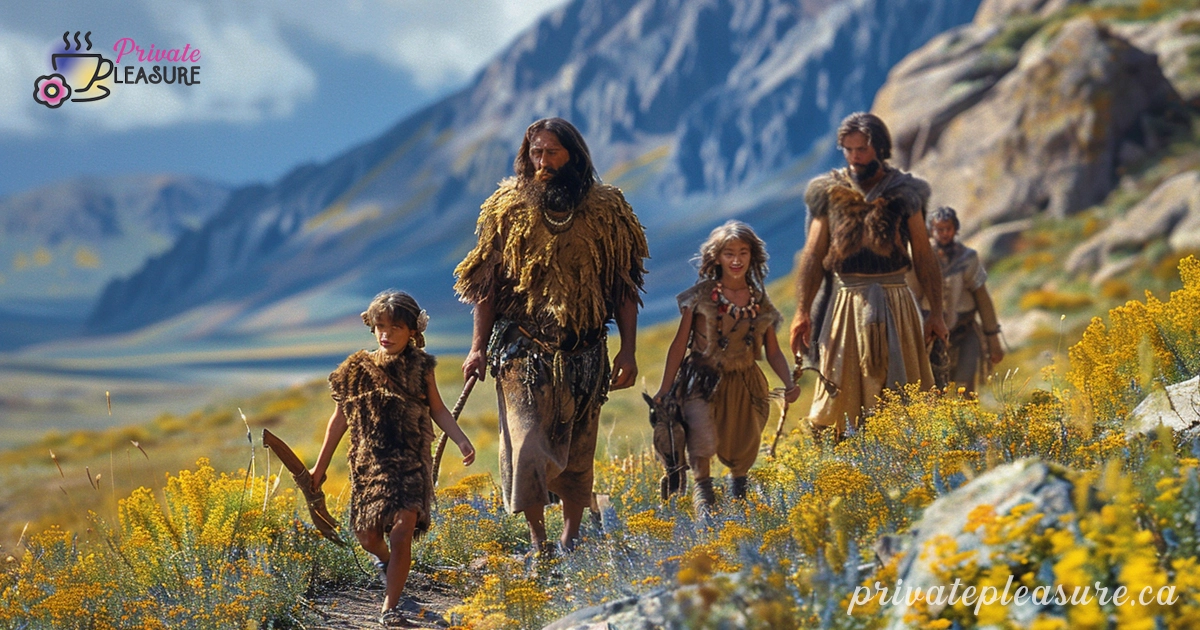Uncover the significant impact of pleasure on human evolution, from survival instincts to social bonding, and how it influences modern human behavior
The role of pleasure in human evolution is a captivating subject that intersects biology, psychology, and anthropology. It has shaped not only individual behaviors but also the evolutionary trajectories of our species. From survival mechanisms to social structures, pleasure has been a key driver of human adaptation and advancement. This article delves into how pleasure has impacted human evolution, looking at its influence on our ancestors’ survival strategies, reproductive success, and social dynamics, as well as how these evolutionary impacts are reflected in modern societies.
The Role of Pleasure in Human Evolution
Pleasure has been a fundamental aspect of human existence, influencing behavior and evolutionary development in profound ways.
Survival and Adaptation
- Reward Mechanisms: Pleasure serves as a biological reward mechanism that encourages behaviors essential for survival. For example, the pleasure derived from eating nutritious food or successful hunting promoted behaviors that increased chances for survival and reproduction.
- Pain Avoidance: Similarly, the unpleasant sensations associated with pain or danger drive individuals to avoid harmful situations, further enhancing survival prospects.
Reproductive Success
- Sexual Pleasure: Pleasure plays a crucial role in reproductive behaviors. The enjoyment derived from sexual activities not only encourages reproduction but also helps form bonds between partners, which can be beneficial for raising offspring.
- Parental Attachment: The pleasurable feelings associated with nurturing and bonding with offspring promote parental care, which is vital for the survival and well-being of the next generation.
Social Bonding and Cooperation
- Group Cohesion: Pleasurable interactions, such as shared meals and cooperative hunting, foster group cohesion and teamwork. These social bonds were essential for the survival of early human communities, facilitating more effective hunting and defense strategies.
- Cultural Evolution: Pleasure also influences cultural practices, rituals, and arts, all of which contribute to the cohesion and identity of groups, furthering social stability and continuity.
Pleasure and Modern Human Behavior
The evolutionary roots of pleasure continue to influence modern human behavior.
- Seeking Stimulation: The human tendency to seek out new and pleasurable experiences can be traced back to the evolutionary advantages of exploring new resources and environments.
- Social Media and Technology: Modern technologies exploit our pleasure-driven behaviors, often mimicking the rewards of social interaction, and presenting both opportunities and challenges for contemporary life.
Pleasure’s Pivotal Role in Evolution
The role of pleasure in human evolution highlights its importance not just in individual well-being but also in the broader context of survival and societal development. Understanding this role offers insights into why we value and seek out pleasure and how these drives shape our behaviors and societal norms today.
FAQs
How has pleasure influenced human brain development?
- The pursuit and experience of pleasure have helped shape the development of complex brain structures, particularly those involved in the reward system, enhancing cognitive functions and emotional regulation.
Can understanding this evolutionary perspective help improve our lives today?
- Yes, by understanding the evolutionary roots of our pleasure-seeking behaviors, we can better manage these impulses and make choices that contribute to our long-term happiness and social well-being.
Reflecting on the role of pleasure in human evolution provides a deeper appreciation of its complex influences on our lives and society, reminding us of the fundamental, continuing impact of pleasure on human development.




